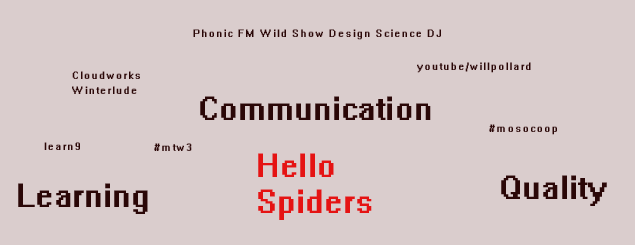Printweek and Guardian chronicle the online future for the Guardian and Printweek
Today a hard copy of Printweek arrives with a story about newspaper circulation. There is some good news with the Sunday Mirror up 55% between July 2010 and July 2011. But the closure of the News of the World is the main explanation for this. The Sunday Times and Observer are down 7 or8 % for the same period.
Jon Severs explains that the previous losses for online were covered by profits from print. But there is now a problem as the web scales and print profits are reduced. "None of the news organisations have been able to make the internet really profitable," revealed Chris Blackhurst, editor of The Independent.
The Printweek article considers options from paper suppliers that would improve the hard copy product but it may be that available budgets are concentrated on developments for websites. The chances for further experiment seem mixed. "We have used innovative techniques on both advertising and editorial content of the newspaper and as time goes on we will continue to develop our products and invest further if the return on investment makes a sensible business case," explained Brett Lawrence, general manager of national newspaper operations at Guardian News & Media.
However the production has been simplified by dropping the supplements for Media, Education and Society. As reported by Media City Guardian News & Media on Sept 5th announced that they have chosen to close three print supplements as they move forward with their “digital first” policy.
The announcement wasn’t created in haste, the company tested their new setup for six-weeks and received positive feedback from readers and advertisers who say they enjoyed more “prominent exposure to their audiences.”
In a statement about the consolidation the Guardian notes:
“That the company has been seeing significantly more activity online from the kinds of readers that would have been the natural audience for the printed sections: the company says it now operates 11 ‘professional online networks’ have have signed up close to 80,000 members in less than a year”.
The supplements in question were all experiencing a decline in print readership as more users decided to move towards an online presence.
What I notice is that there is much less content. Long ago specialists such as Jeff Jarvis wrote every couple of weeks. Now http://www.buzzmachine.com/ is more reliable though he may turn up in print on a special occasion.
Media City has suggested that the price increase for the Guardian is designed to encourage readers to go online.
The price increase comes after subscriptions fell by 10.1 percent year-to-year, currently sitting at 241,287. The company also announced a loss of £33 million over the 2010/2011 financial year.
Earlier in 2011 the Guardian asked if Haymarket, publishers of Printweek and other media titles, could be an "empire in decline" . The story is based on an interview with Rupert Heseltine, executive chairman of Haymarket Media Group. The implication seems to be that a transition online might be seen as more urgent.
Heseltine describes the notion that Haymarket has fallen behind the digital curve as "laughable", insisting: "I have championed online at Haymarket for five or six years." Yet he questions the volume of spam generated by search queries and harbours suspicions about the benefits of being a first mover. "Is everyone going to have an iPad? No they're not. But they're going to have a desk and a chair and a coffee break in which they might choose to read a magazine."
Net debt is estimated to be £126m.
The Printweek story includes some views from Roy Greenslade.
Greenslade believes the choice is simple. He says the scramble to save the printed newspaper is welcome – "I think it’s great that they are attempting to save the print format" – but ultimately futile.
"It makes me think of steam trains and how people managed to keep them going, and still going now," he says. "There are various places across Britain where there are steam train branch lines and I think newspapers will become like that, something of novelty value."
Whether this is correct is something we will have to wait to see, according to the Printweek conclusion. The chances of a print publication stating without any qualification that print is over are very low while publication continues. But further changes at the Guardian and Printweek are likely and careful study is needed of their reporting on print and each other. My guess is that sensible comment will come after the changes are clear.
